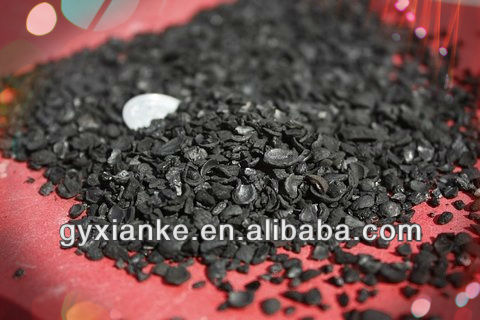
|

Granular activated charcoal can also be placed in freeflow containers to adsorb offensive or poisonous odors in confined areas.
Coconut shell activated carbon specifications
| Quality Parameters of Coconut shell activated carbon |
|||
| Item |
Data |
Item |
Data |
| Iodine Value |
600-1200mg/g |
Apparent density |
0.50-0.55g/cm3 |
| Ash |
3%-10% |
Drying Loss |
10%--2% |
| Methylene Blue Value |
120-240mg/g |
Abrasion Number |
90%--98% |
| The above indicators can be adjusted as per customers' requirements. |
|||
| Price |
USD825-1725/Ton FOB Tianjin |
||
Application
Granular Activated carbon made from coconut shell. This hard, highly adsoptive charcoal is used specifically in air and vapor filters
for eliminating odors and toxic vapors.Granular activated charcoal can also be placed in freeflow containers to adsorb offensive or
poisonous odors in confined areas.
1. Gas phase absorption.Tail liquid recycle and solvent recovery such as the recovery of benzene gas, gas recovery
from gasoline, butane. Tropsch Synthesis of emissions to recover the hydrocarbon.
2. Water further treatment and purification. Deodorant and decolor of waters in areas like electric power plant,
pharmaceutical industry and other industrial waste waters
3. Work as catalysis carrier in synthesizing of mercury bichloride and Vinyl Acetate, or used for industrial gas
desulphurization and phosgene production of the catalyst.
4. In the gold mining industry, gold recovery,extraction and refining.
Advantages of coconut shell activated carbon:
1. Non-toxic, odourless
6. Quick decoloration and deodorization
| Place of Origin: |
Henan China (Mainland)
|
Brand Name: |
xianke brand
|
Model Number: |
xk-317
|
| Raw Material:: |
high quality coconut shell and coconut shell carbide
|
Appearance:: |
Shapeless crushed black carbon particles
|
Iodine Value: |
>1000mg/g
|
| Strength: |
≥90%
|
Apparent density: |
0.50-0.55g/cm3
|
Drying Loss: |
10%--2%
|
| Methylene Blue Value: |
120-240mg/g
|
Abrasion Number: |
90%--98%
|

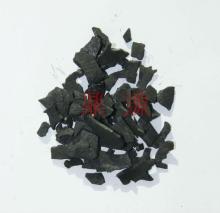
|
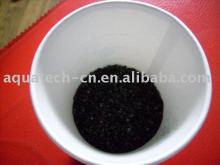
|
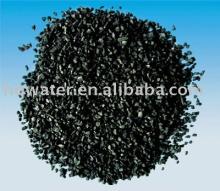
|
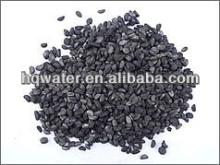
|
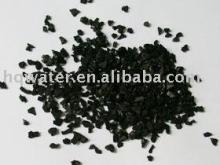
|
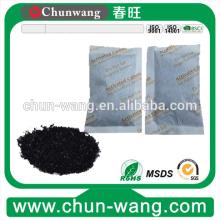
|
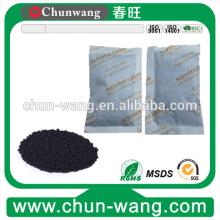
|
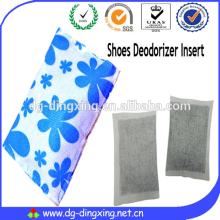
|
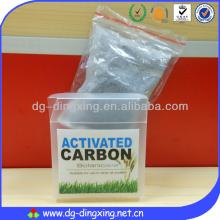
|
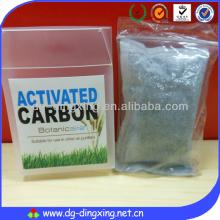
|
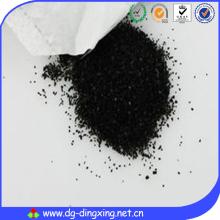
|
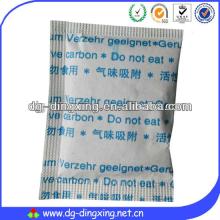
|